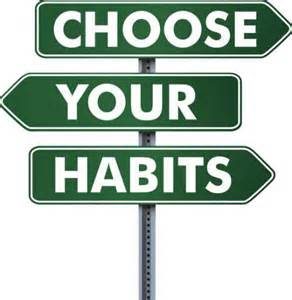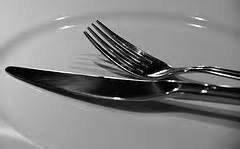The benefits of being a normal and healthy weight are countless.
Most adults between ages 18 and 49 gain one half to one kilo each year. Stopping and preventing weight gain should be a priority! If your weight is in a healthy range, focus on maintaining that weight by watching what you eat and exercising.
If you have gained more than 10 kilo as your age has increased, you are also at risk developing one or more chronic diseases including:
- Cardiovascular disease
- Heart attack
- Stroke
- Diabetes
- Cancer
- Arthritis
- Gallstones
- Asthma
- Cataracts
- Sleep apnea
Of course, going about weight loss the proper way, and not “dieting” is essential to keeping weight off.
One of the iron-clad rules in my clinic that my staff of dieticians follow, is to make sure that clients aren’t hungry. If a client complains that he is hungry, we adjust his food plan. Part of the reasons we advise our clients to eat small meals and snacks 5-6 times per day, is specifically so they don’t feel hunger. Nevertheless, some people do feel hunger even when they really aren’t physiologically hungry. This was the case of Mindy, age 44, who came to us for weight loss a few months ago.
Mindy received a food plan that should have allowed her to lose weight and at the same time feel satiated. At the 4th session her weight had not dropped. The weight was no longer increasing, but according to our calculations, it should have been going down. Even though her choices were healthy, Mindy’s food logs indicated that she was eating too much. When I brought this to Mindy’s attention, her response was, “I can’t help it. I’m hungry.”
What is real hunger as opposed to eating for desire, cravings and emotions?

Real hunger occurs when your stomach is empty and there is a gnawing feeling in the pit of your empty stomach. Non-hunger is the desire to eat when your stomach isn’t empty.
Whenever you eat, whether planned meals and snacks or otherwise, ask yourself every time—Am I really hungry or am I eating for the wrong reasons? Remember that the only problem food solves is hunger. It won’t solve your other worries and stresses and it might very well exacerbate them.
Here are some tips to fight being hungry and be successful in your weight loss quest:
Plan your 3 meals and 2 or 3 snacks in advance. Plan what to eat and when to eat
Plan out your day with 3 moderate size meals and 2 or 3 snacks. Eating in only 2 or 3 sittings can cause overeating, since you may be very hungry at meal time. In addition, eating a lot at one sitting, over a long period of time will cause insulin spikes. This in turn will not only lead to type 2 diabetes but also will cause hunger. By spacing out your meals correctly with portion control, you won’t be hungry.
Leave the kitchen or dining room when your meal is done and wait 20 minutes even if hungry. After the 20 minutes, you should not feel hungry.
Hunger and satiation are controlled by two hormones; ghrelin and leptin. Leptin is a hormone, made by fat cells, that decreases your appetite. Ghrelin is a hormone that increases appetite, and also plays a role in body weight. One of the biggest problems that we have discovered that leptin doesn’t immediately kick in to tell you that you are indeed full. It now takes about 20 minutes for that to happen.
Your “hunger” may be boredom or emotions. Occupy yourself otherwise and remember that eating will not solve any problem other than hunger—it may, however cause many new problems.
People eat for all kinds of reasons other than hunger. People use food for comfort when upset. Sometimes when we are tired we eat in an effort to stay awake. And more often than not, when you are on a new weight loss program, you have to get used to eating less than you did. It really can just be a matter of habit. If you’ve been eating 3 grilled breasts of chicken at meals, then cutting that portion in half (1 ½) becomes difficult.
Drink water before each meal or snack and afterwards, too
People often mistake hunger for thirst.
Free yourself from the fear of hunger and remember that it passes—nothing terrible will happen and keep Yom Kippur in mind.

People fear being hungry but there is no emergency. Hunger passes! Did you fast on Yom Kippur? Sometime mid-morning or toward noon you likely felt a hunger pang…but then it went away.
Mindy followed most of these tips. We even worked on ways for her to distract herself, in the evenings when it was clear that she was raiding the pantry and refrigerator out of boredom. Instead, we had Mindy use the time to catch up on emails, read, and make her daily calls to her married children.
Keeping hunger under control will “add hours to our day, days to your year and years to our life”.

You are really doing a terrific job. I am the mother of one of your clients, and I am really grateful to you and your team.
Thank you very much!
EK